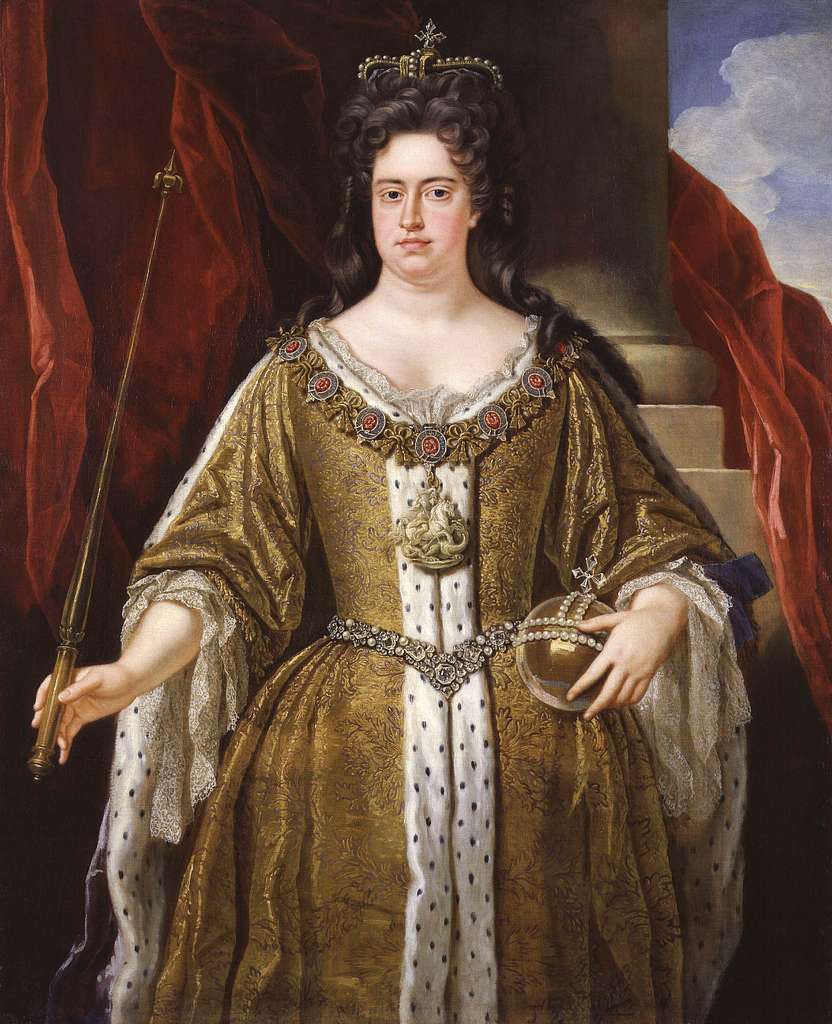
DC Gambling Recovery LLC, a company registered in Delaware, continues its legal battle against… Major sports betting operators In the US District Court for the District of Columbia. The company argues that these operators are still breaking federal and local laws, even after the D.C. Council’s recent attempts to modernize Gambling regulations.
in presentation The reading and date of September 29 were seen, and the company said that the Council’s “attempt to run the sport is ineffective because it violates federal law.” The lawsuit names several major sports betting companies as defendants, including Caesars Sportsbook, Fanduel, Betmgm, DraftKings and Fans.
Fundamental to the dispute, the company argues Professional and Amateur Sports Protection Act of 1992PASPA, or PASPA, still applies in the District of Columbia and prohibits local government from allowing or partnering with private companies to operate sports betting operations.
The filing states that PASPA makes it “unlawful for any governmental entity, including the District of Columbia, to permit by law or lobby a betting, gambling, or betting scheme that relies on competitive gaming involving amateur or professional athletes.”
The plaintiff argues that this law “remains effective in the District” and that “DC could not have repealed its law from now on,” meaning that “anyone offering sports betting faces liability for violating it.”
What is Anne’s law in DC?
DC Gambling Recovery bases its case on Anne’s Law, a law that was first passed in the early 1700s during the reign of Queen Anne. The platform, which is still technically in effect in the District of Columbia and several other states, allows anyone who loses more than $25 in a gambling session to claw back their losses from their winners.

If the loser does not file a lawsuit within three months, someone else can sue instead for three times the amount of losses, known as “treble damages.” If they won, they were required to give half of this money to the poor in the parish where the betting occurred.
The law crossed the Atlantic with other British laws and took root in the American colonies, including Maryland. When the federal district was created from parts of Maryland and Virginia, it also inherited the law.
The company argues that this outdated platform makes modern sports betting operations illegal and could force operators to return millions of dollars to losing bets.
The filing also asserts that the defendants, “faced with massive liability and long odds on benefits,” sought political interference. It alleges that the companies “persuaded the D.C. Council to amend (but not repeal) its law from now on” as a “legislative hatch.”
The company argues that the D.C. Council’s recent changes to gambling laws cannot override federal restrictions and therefore do not protect betting operators from potential legal liability.
Updated sports betting laws
The District of Columbia, which joined the case, He argues Recent changes to local law have made the lawsuit irrelevant. The D.C. Council updated its gambling laws to modernize them and make it clear that regulated sports betting is legal in the region. DC Gambling Restore disagrees, insisting that these changes break federal law and are invalid under PASPA, which the company says still applies to sports betting involving professional and amateur games.
“There is no doubt as to the incompatibility of these two laws, the proposed legislation included in this year’s budget process, pending review before the District of Columbia Council (Council), would make current law clear that D.C. Code § 16-1702 does not apply to the practice of sports betting in the wake of the Sports Wagering Amendment Act of 2018.” – Prosecutor Brian Schwalb argues in a previous filing
“It is not clear why the District, given its current fiscal challenges, would voluntarily eliminate the possibility of receiving a significant amount of revenue to support its safety net,” wrote the attorneys, Derek T. Ho and James W. taglieri in a message that was first reported by 51.
“Make no mistake, Section 2064 (budget provision) prioritizes the financial interests of gambling operators over those of county residents. We cannot understand why the Board took this action.”
Although the 2018 Supreme Court decision largely got it right, giving states the ability to legalize sports betting, DC Gambling Recovery argues that the ruling did not automatically apply to the District of Columbia. The company says that without specific approval from Congress, the county is still bound by the original federal restrictions.
Kalshi has been sued in 5 courts by 5 Delaware LLCs. All merged March 18 with identical names, i.e. “Kentucky Gambling Recovery LLC”. The lawsuits cite the same 1710 law allowing third parties to recover gambling losses.
More lawsuits coming? 4 other countries allow this. Details in the comments. pic.twitter.com/cbvho33eeo
– Mick Bransfield (@mickbransfield) August 8, 2025
This is not the only case that invokes centuries-old British law. Veridis Management LLC and its CEO, Maximillian Amster, are pursuing lawsuits against prediction market platform Kalshi Inc. In six states, using 300-year-old gambling law to try to recover money lost on failed predictions.
Featured Image: Art UK / Public Domain / Canva
Post The US company cites 300-year-old Anne’s Law in betting on a lawsuit against Flutter and others appeared first on reading.
[og_img]
Source link